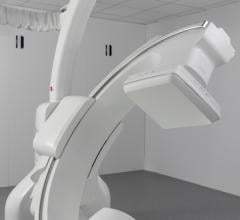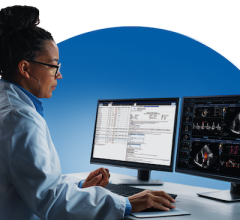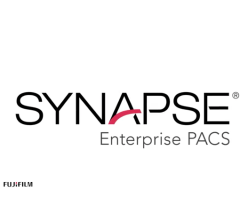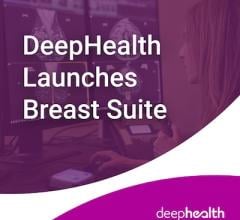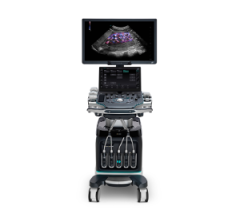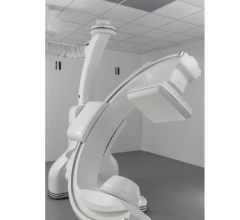
September 21, 2018 — Osprey Medical announced a collaboration with GE Healthcare on Osprey’s Be Kind to Kidneys campaign. The campaign aims to increase awareness of strategies to help address acute kidney injury (AKI) following normal heart imaging procedures (angiograms) in patients with chronic kidney disease (CKD). As part of the campaign, Osprey Medical and GE Healthcare will sponsor a number of educational programs and seminars for healthcare professionals on how to address the risk of AKI.
AKI is sudden damage to the kidneys that causes them to not work properly. It can range from minor loss of kidney function to complete kidney failure.1 With one out of four angiography patients presenting with CKD,2 the risk for these patients to develop AKI is a serious concern for catheterization labs and hospitals. Patients with impaired kidneys are at a significantly increased risk for negative outcomes and for longer hospital stays.3 The American College of Cardiology and American Heart Association have issued joint guidelines for the reduction of AKI.4 These guidelines recommend that physicians should screen patients for risk of AKI, ensure they are properly hydrated, and minimize the volume of contrast dye used. Osprey and GE Healthcare’s campaign intends to reinforce these guidelines and increase awareness so that healthcare professionals can help patients with CKD.
The campaign kicks off in September with a series of two-day educational programs in the United States for nurses and technicians. The programs will focus on strategies to reduce contrast volume using Osprey’s DyeVert Plus system, cleared by the U.S. Food and Drug Administration (FDA) for contrast reduction and real-time monitoring of dye dose to patients throughout the angiogram. The programs will also focus on approaches to help reduce the risk of AKI in patients with poor kidney function undergoing heart imaging procedures.
GE Healthcare's isosmolar imaging agent Visipaque (iodixanol) injection is an intravascular contrast agent that is used to assist in interventional and diagnostic procedures and will also be discussed in the educational programs.
In addition, during the Transcatheter Cardiovascular Therapeutics (TCT) 2018 Annual Meeting, Sept. 21-25 in San Diego, Osprey and GE Healthcare will host a symposium with presentations on “Contrast-Induced Acute Kidney Injury: Preventive Measures Worth Trying and “The Effect of Major Adverse Renal Cardiac Events (MARCE) Incidence and Economic Impact Resulting From Contrast Media Use in the Cath Lab.”
Watch the VIDEO: Strategies to Avoid Acute Kidney Injury Caused by Cath Lab Contrast, an interview with Roxana Mehran, M.D.
For more information: www.ospreymed.com, www.gehealthcare.com
References


 February 13, 2026
February 13, 2026 
